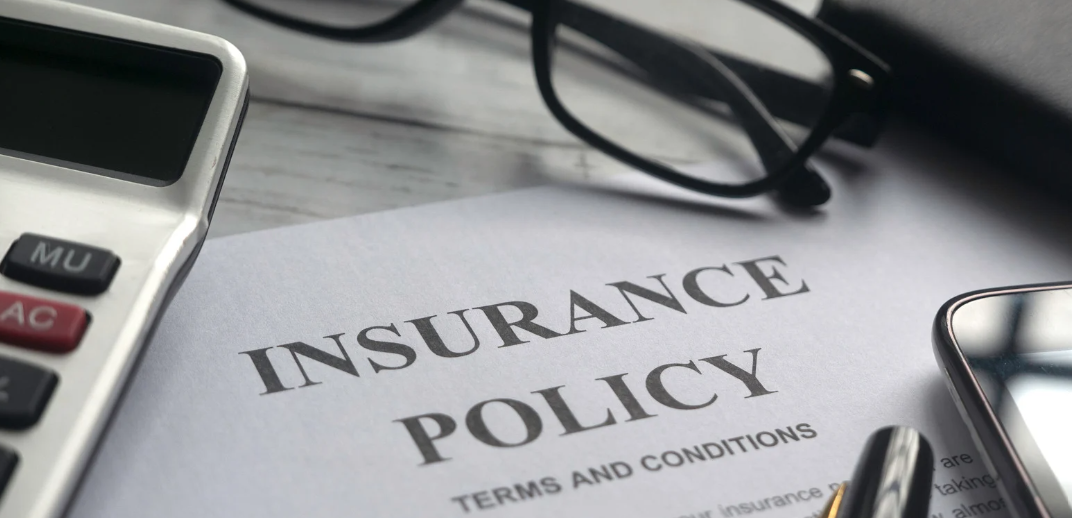Everyone knows that term insurance is the most effective strategy to protect your family’s financial well-being in your absence. They’re inexpensive and are pretty much easy to buy. If you have dependents, it is highly advisable to purchase a term insurance plan early on in your career before you make any other investment. However, term plans come with one disadvantage. If the policyholder, in case, outlives the policy, the term plan doesn’t provide any survival or maturity benefits. If you are not okay with the theory of paying premiums for several years and receiving nothing at the conclusion of the term. TROP, or term insurance with return of premium, is one option that may appeal to you.
TROP is a form of term insurance plan that provides a death benefit to your family if you die during the term, as well as a survival benefit if you live to the end of the term. The survival benefit is the refund of all premiums paid during the policy’s term. Term insurance with return of premium may appear to be a win-win situation in which you will receive your money back anyway. Is it too wonderful to be true? Let us find out.
How does a TROP plan vary from a regular term insurance policy?
There are two significant differences between a standard term life insurance and a TROP plan.
Premiums for a pure-term insurance policy are often comparatively low. In fact, one of the best aspects of term insurance is the ability to receive up to higher coverage for your annual premiums. On the other hand, premiums for a TROP plan are much higher.
TROP plans offer both death and maturity benefits, whereas pure-term plans only provide a death benefit. Term insurance with return of premium plans is more expensive because they provide an additional guarantee that all premiums will be refunded to you at the end of the insurance period.
Does one really get everything back with a TROP?
It’s crucial to know that even with term insurance with a return of premium plan, not all of your paid premiums will be refunded. Only a portion of your premiums are reimbursed, and even this varies from insurer to insurer. Before signing up for term insurance with return of premium plan, make sure to carefully review all of the terms and conditions.
In general, below are the parts of the premiums you receive back.
- Base policy premiums paid during the policy period are refunded.
- Additional underwriting fees, or premiums levied based on medical reports, health, habits, etc., are typically returned. Certain exceptions exist though.
- Modal loading fees, or the additional premiums charged by the insurer when you opt to pay your premiums in monthly, quarterly, or semi-annual installments rather than annually, are normally repaid.
Similarly, these are the portions of the premiums that are not refunded.
- Taxes on premiums paid are not refunded.
- Premium paid for riders are not repaid. If you purchased an accidental death benefit or a critical illness rider, the premiums for those coverages are not refunded.
If you surrender a TROP plan during the insurance term, will the paid premiums be returned?
If you wish to cancel the term insurance with return of premium plan in the midst of the policy period, you have two choices:
Take the surrender value and discontinue the policy: When you select to surrender the policy, the insurance company will calculate and pay the surrender value. Every insurance company defines a surrender value factor (SV factor), which is determined by the number of years your policy has been in force. To calculate the surrender value, multiply the SV factor by the entire amount of premiums paid. Please keep in mind that the calculation and criteria used to compute the surrender value vary by insurer and product. When surrendering a TROP policy, the death benefit will not be paid
Continue the coverage as a reduced paid-up policy with no further premiums: A reduced paid-up insurance allows you to continue the coverage until the end of the term without paying any future premiums. However, the death benefit will be decreased in proportion to the premiums you have previously paid. If you continue with the reduced paid-up policy, the reduced benefit will be given to your nominee if you die within the policy term. If you survive, the insurance company will refund all of your premiums paid before the policy was changed to a reduced paid-up policy. One needs to remember that when you switch to a reduced-paid-up policy, the death benefit will be proportionate to the premiums you have paid.
Why are TROP plans not a good option?
A term insurance with return of premium plan may appear to be an attractive investment opportunity, but it is not. Here are two reasons why.
Expensive premiums: Term life insurance is the most inexpensive type of life insurance available today. However, unlike a standard term life insurance policy, the premiums for a TROP plan are extremely costly. The premiums are twice or three times that of a standard term life insurance plan, making them unaffordable for many.
No returns on premiums paid: The insurance provider returns the exact sum of the premiums you paid at the policy’s maturity date, and that amount earns no interest. Furthermore, the premium amount is not adjusted for inflation.
So we are saying,
Expert seems to suggest that one can acquire suitable term insurance coverage for their family with a pure term life insurance plan to protect them financially in case of their demise and invest the remaining funds in any other financial product that will provide superior returns.


